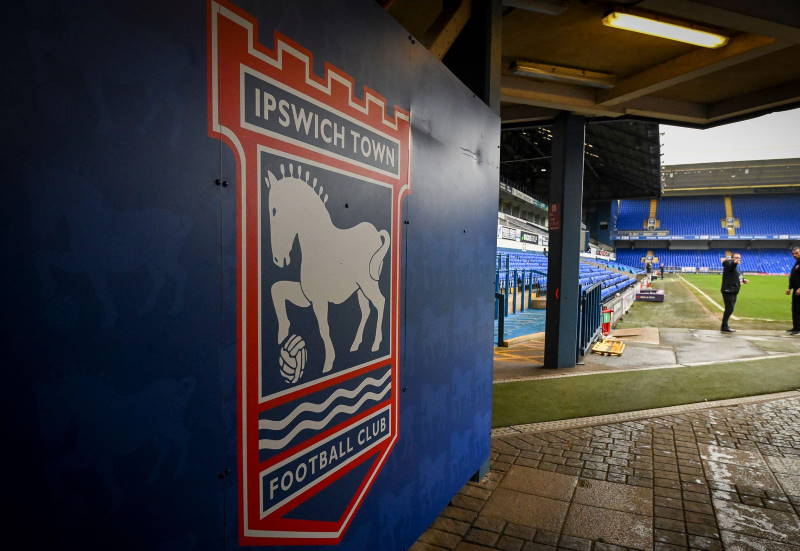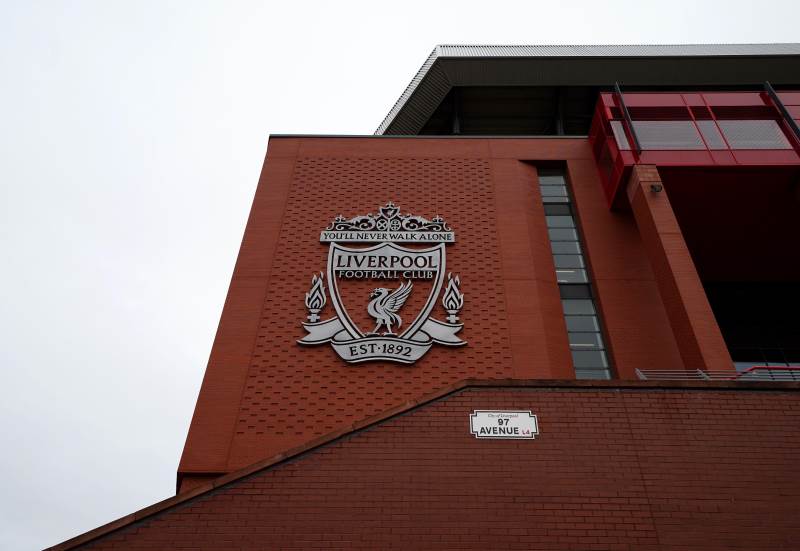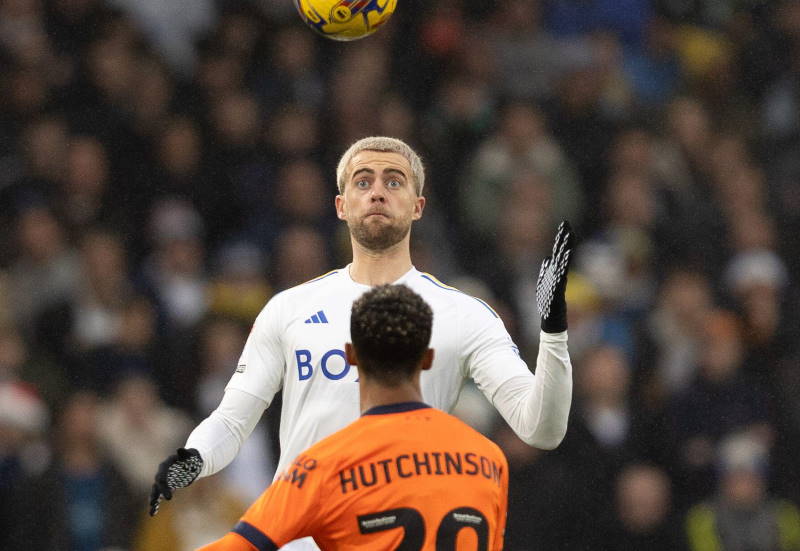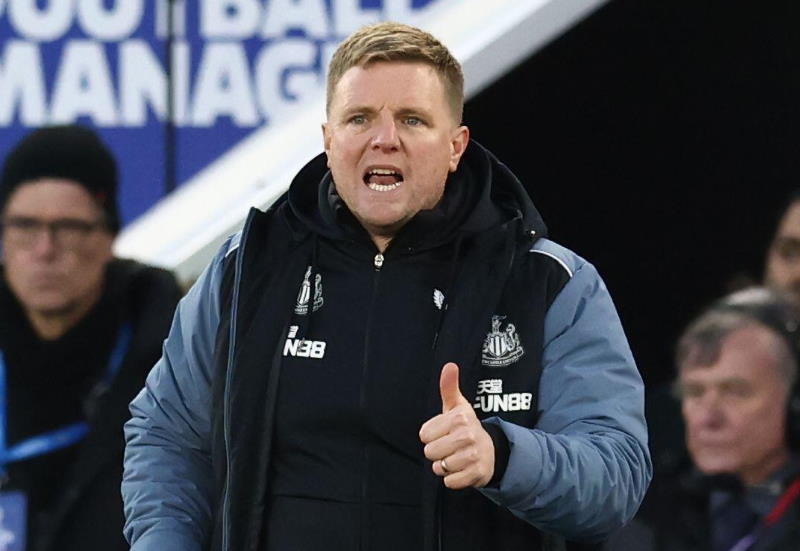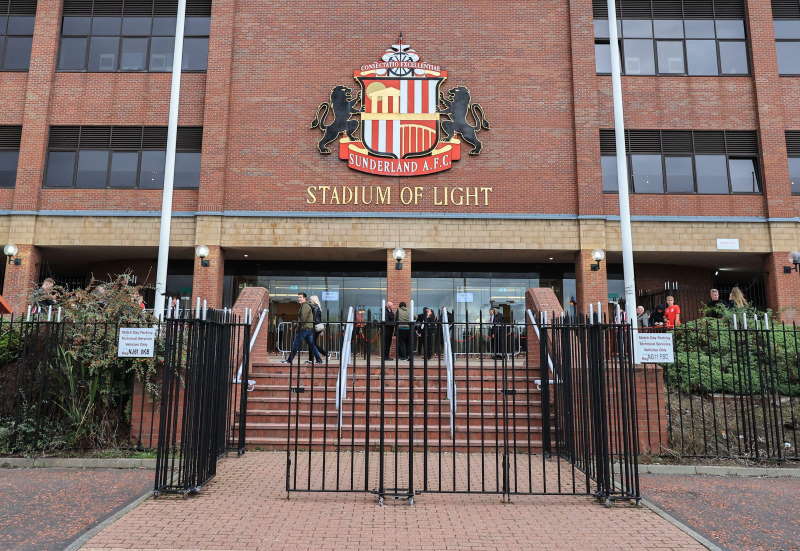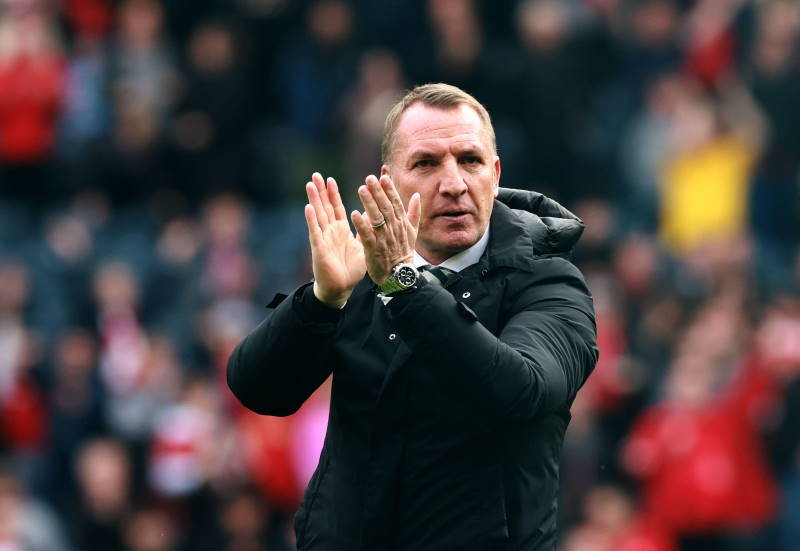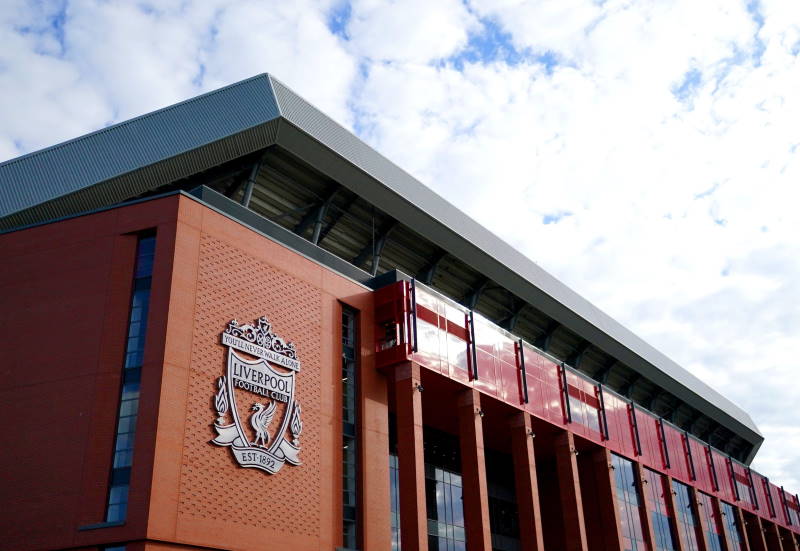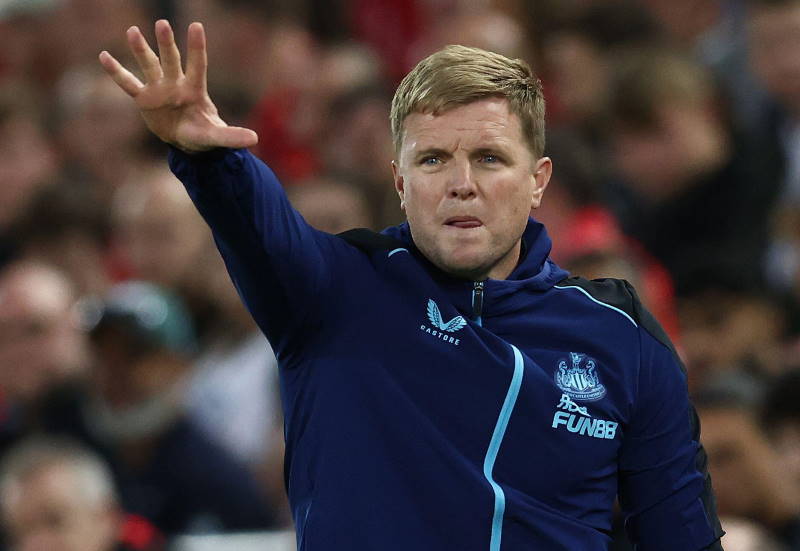
John Welsh
When Chris Hughton was dismissed as manager of Newcastle United in late 2010, there were claims that some of his actions still resembled those of a good first team coach rather than a true manager. Despite occupying a comfortable mid-table Premier League position with the Magpies, it was felt in some quarters that the former Ireland international relied heavily on his senior players for decision making. However, having been appointed Birmingham City boss in June 2011, Hughton seems to be grasping the opportunity to finally silence his critics.
When Alex McLeish left Birmingham to become manager at nearby Aston Villa during the summer of 2011, he left a team which had been relegated from the Premier League, despite winning the League Cup in February. The need to reduce costs in line with diminishing revenues in the Championship also necessitated an exodus of several leading players.
Roger Johnson (to Wolverhampton Wanderers), Scott Dann (to Blackburn Rovers), Cameron Jerome (to Stoke City) and Sebastian Larsson (to Sunderland) were among the more high profile departures. Yet the Blues’ board of directors were determined to mount a promotion push, although the prospect of Europa League football would create an extra strain for a much depleted squad. In securing the services of Hughton, Birmingham hoped that the new manager would repeat his success at Newcastle, where he clinched the Championship title at the first attempt.
For Hughton, landing at St. Andrew’s represents his first managerial post as an external appointment. During Newcastle’s disastrous relegation season of 2008/09, the former Tottenham Hotspur player was installed as caretaker manager on two separate occasions, having been elevated from his role as first team coach. After Kevin Keegan’s acrimonious departure and Joe Kinnear’s health scare, Hughton was handed the temporary reins only to revert to his old job at a later date.
When Alan Shearer was unable to agree terms on becoming the Magpies manager in July/August 2009,Newcastle once again turned to ex-Ireland international to prepare the team for the new season. After an impressive start to life in the Championship, Hughton was finally installed as permanent manager. With owner Mike Ashley operating a much reduced salary structure, the new boss was seen as a sound cheap option that would stabilise the team.
The amiable Hughton proved his worth by clinching the Championship with a bit to spare and embarked upon the planning stages for the new Premier League campaign. By November, though, signs were growing that the Newcastle board were becoming disillusioned with their manager.
A simmering bonus row had not been resolved between the players and the board, and it was also believed that senior players had too great a voice in team affairs. Furthermore, Hughton failed to convince the board of the need to extend the contract of his assistant Colin Calderwood.
For Ashley and chairman Derek Llambias, the former Spurs coach was not perceived as suitably qualified to take the team to a higher level. He was an appointment from within, and was still viewed as an excellent coach, but lacking the judgement and authority of a proven manager. His dismissal allowed the club hierarchy to appoint their own man, and left Hughton to reflect on whether he would be offered another managerial post elsewhere.
When Birmingham offered him their vacant hot seat, it was viewed as a real challenge for Hughton. At St Andrew’s, the 53-year-old would not be familiar with the players, and would have a very limited budget at his disposal to replace a growing list of departing players. Although not disgraced in the Europa League, Birmingham’s elimination was greeted by many supporters as a blessing in disguise. Their chances of winning the cup were considered almost non-existent, and the midweek games had severely curtailed their Championship campaign, so that by December, Birmingham had played up to three or four games fewer than the rest of the league members.
Perhaps this has worked to the benefit of Hughton. Never a man for creating headlines, he has quietly guided the team up the league by reaping rich dividends from their fixture backlog. As of 15th February, Birmingham have climbed to fifth position with a series of impressive results, having conceded only 27 goals from 30 games, and they remain unbeaten at St Andrew’s.
A squad with several experienced players, including defender Steven Caldwell and strikers Nicola Zigic and Marlon King, has been assembled alongside the burgeoning talents of the young Irish hitman Adam Rooney. Defender Curtis Davies has recently won the Championship Player of the Month award, and Hughton was also rewarded with a Manager of the Month momento. While Southampton and West Ham United have occupied the automatic promotion places for much of the season, the Midlands giants have suddenly emerged as their strongest challengers.
It is a testament to the qualities of the manager that the team have weathered the turbulence of last summer to become one of the favourites for promotion to the Premier League. If Birmingham can maintain their current form for much of the remainder of the season, there is every chance that the London-born boss will secure another Championship promotion.
Should this happen, Chris Hughton will be eager to prove to the doubters that he is not just a good first team coach, but also a successful Premier League manager.

